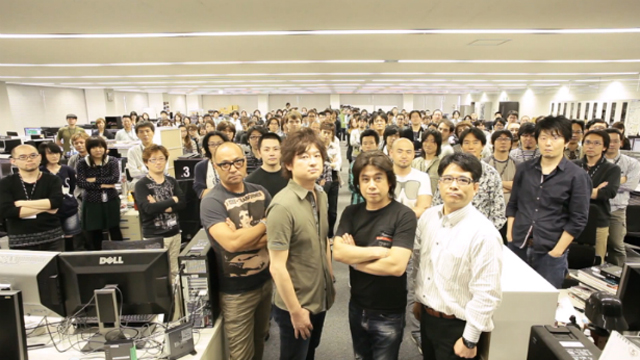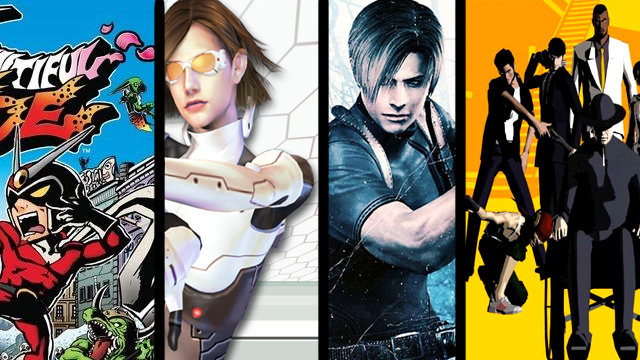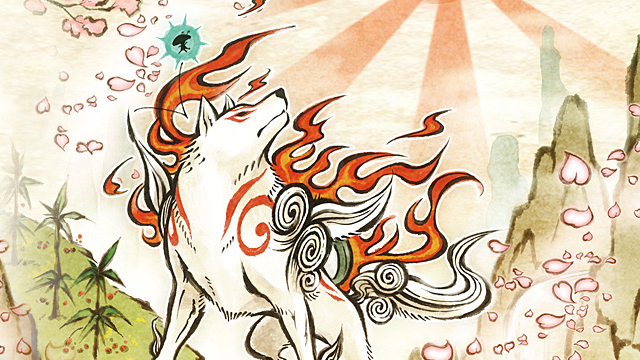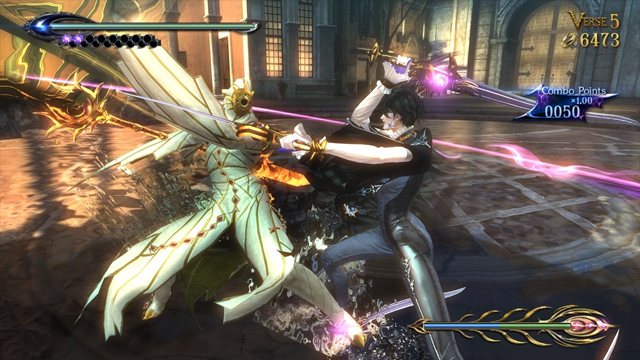
Platinum Games is the only modern studio that has mastered the art of making stylish action games. The way to the top was not an easy one, though. With the upcoming release of Bayonetta 2, perhaps now is the perfect opportunity to look back at how one of the most talented Japanese studios achieved its cult status.
To see the full picture we need to jump to 2001, when Hideki Kamiya and Capcom Production Studio 4 released Devil May Cry, a new kind of action title the industry had never seen before. In that moment an entire new genre called “character action” had been created. Tight controls, deep combat, ranking system, heavy emphasis on style– these are the things that became the fundamentals of the character action genre and its “stylish action” sub-genre specifically. Devil May Cry ended up being a great success for Capcom, but for one reason or another it decided to put Hideaki Itsuno in the director’s seat for the rest of the series up until the recent reboot, DMC: Devil May Cry. Meanwhile, in 2003 Hideki Kamiya and Capcom Production Studio 4 finished developing yet another brilliant action game called Viewtiful Joe. Fans of tokusatsu shows and stylish action games were ecstatic to see another project from the already well-known Hideki Kamiya. Viewtiful Joe originally came out as a GameCube-only title and a part of Capcom Production Studio 4’s infamous “Capcom Five,” which consisted of five exclusive GameCube games.

With the exception of the cancelled and appropriately named Dead Phoenix, a total of four games including Viewtiful Joe, P.N. 03, Killer 7, and Resident Evil 4 saw the light of day, with only one game, P.N. 03, staying exclusive to GameCube. Three other games, besides Viewtiful Joe, were handled by the legendary game designer, Shinji Mikami (with some help from Suda51 on Killer 7), who was also a very active part of Capcom Production Studio 4. Two of these titles were ported to PlayStation 2, even though Mikami joked he would cut his own head if Resident Evil 4 would stop being a GameCube exclusive. Viewtiful Joe also has been ported to PlayStation 2, but with the help of a newly formed internal semi-autonomous team called Clover Studio, which included such talent like Hideki Kamiya, Shinji Mikami, and Atsushi Inaba, who previously worked on various Capcom Production Studio 4 titles.

Clover Studio was a mega team of unbelievably talented game designers who gifted the world with many creative action-adventure games. Viewtiful Joe became a series of four games, with two sequels and one spin-off. Hideki Kamiya’s next project was the very ambitious and beautiful Ōkami, which to this day remains one of the best Legend of Zelda-like adventure titles. Meanwhile, after re-building the survival horror genre with Resident Evil 4, Shinji Mikami tried something a little bit different with his next game, God Hand. Mikami showed Hideki Kamiya that he also knows a thing or two about creating complex, rewarding, and extremely fun character action games. Unfortunately, God Hand was the last project of the studio and the final nail in its coffin. The only problem with Clover Studio was that its games absolutely refused to sell well. Arguably, Capcom is also to blame for its lack of involvement, but the publisher at least tried to merge Clover back into internal R&D. However, creative freedom and a sense of pride were much more important to the most prominent members of Clover Studio, so they refused the offer and left Capcom.
Like the phoenix rising from its ashes, the members of Clover formed the new studio Seeds Inc., which in 2007 merged with ODD Incorporated to finally become the Platinum Games we know today. Under a deal with Sega, the new company jumped back into the character action genre in full force by releasing MadWorld, Infinite Space, and Bayonetta in 2009. MadWorld brought the good old ultra violence to Nintendo’s family-friendly Wii console, while Infinite Space gave an interesting space-sim to Nintendo DS owners. However, Bayonetta was the first game to truly let everyone know what Platinum Games can do. Like Devil May Cry, Bayonetta was handled by Hideki Kamiya and was considered to be a spiritual successor of sorts. With the exception of Devil May Cry 2, the Devil May Cry series continued to remain at the top of the genre, but no one was prepared for Kamiya’s comeback. Bayonetta was like a rainbow nuke explosion. It was deeper, more stylish, and crazier than any other game in the genre. Bayonetta set a whole new level of quality for similar action games. In 2010, Shinji Mikami released his only game with Platinum, Vanquish. The legendary designer once again has challenged himself to create something out of his comfort zone. The result is one of the best, most fluid third-person shooters to ever grace this planet. 2012 gave us Anarchy Reigns, a sequel to MadWorld that focused heavily on multiplayer modes, which are almost always ignored by developers in the character action genre. In 2013, Platinum ended its partnership with Sega, but continued its streak of amazing games with Metal Gear Rising: Revengeance and The Wonderful 101. Once again directed by Hideki Kamiya, The Wonderful 101 takes the concept of “crowd control” and turns it on its head, while giving us one the most unique experiences on a Nintendo console to date.

And here we are, finally in 2014. Platinum continues to make games for different platforms, but the studio also has a pretty strong partnership with Nintendo. After all, without Nintendo’s help, Bayonetta 2 never would have happened. Later this week Nintendo players all around the world will be able to experience the Platinum magic with not only one, but two of its games. Even if you’re new to the whole character action genre, there’s nothing wrong with starting at the top.




 ShareThis
ShareThis







While not successful at retail very often, I really appreciate the games that Platinum makes and am thrilled that Nintendo has gotten them to create several games for Wii U this generation.